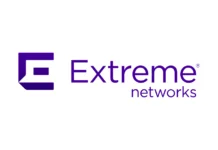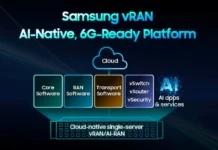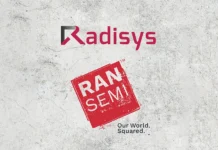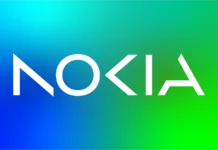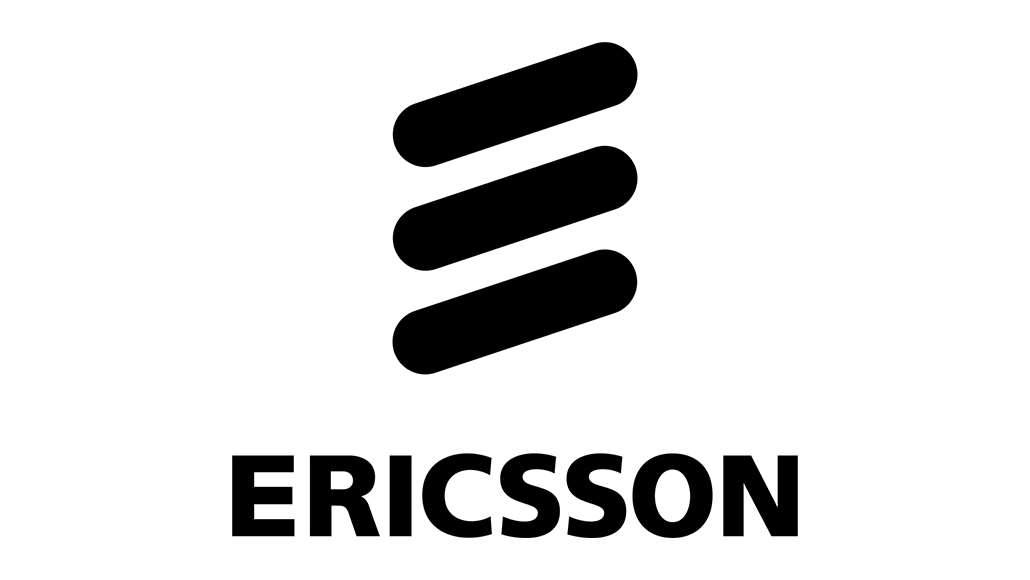Ericsson and Nokia have teamed up with Berlin’s Fraunhofer Heinrich Hertz Institute (HHI) to push forward the next wave of video coding standards. The collaboration focuses on improving immersive media and mobile video experiences as the world edges closer to the 6G era.
For the first time, the three European technology leaders have brought together their research capabilities in video codec development. The collaboration focuses on strengthening Europe’s position in next-generation standardization by demonstrating a new video codec that delivers significantly higher compression efficiency than current standards without substantially increasing complexity. The technology also shows improvements in energy efficiency and scalability.
The partners’ research provides early proof that their technology can meet the needs of the next stage in video coding standardization, marking an important move toward formal evaluation. Their joint submission to the ITU-T Video Coding Experts Group and the ISO/IEC Moving Picture Experts Group (MPEG) received positive feedback and is expected to help speed up progress within the standardization committee.
In line with expected 6G rollout schedules, the new video codec standard is anticipated to be ready sometime between 2029 and 2030, setting the course for how digital media will evolve in the decade that follows. Until then, existing standards such as VVC will continue to drive high-efficiency streaming, immersive formats, and scalable solutions across a wide range of devices and networks. The forthcoming standard is expected to support a variety of applications, including mobile communications, streaming, immersive and low-latency services, as well as coding for professional-, user-, and AI-generated content, gaming and 3D environments, and industrial or automotive systems.
Magnus Frodigh, Head of Research at Ericsson, says: “As a global connectivity leader, Ericsson is perfectly positioned to research and drive 6G enablement capabilities. We are proud to partner with Nokia and Fraunhofer HHI in video coding to combine research expertise and shape the next standard. Our partnership video codec achievement not only shows the ability of European technology leaders to come together and pioneer breakthroughs, but, by being prominent at the very start of the process, also flags our combined determination and commitment to shape the next generation of standards.”
Ville-Veikko Mattila, Head of Multimedia Technologies at Nokia, says: “Nokia’s inventors have been instrumental in the development of all market-adopted video codecs for the last three decades, including fundamental H.26x video compression technologies, and we are excited about shaping the next generation of video standards. By working together at the very start of the standardization journey we will ensure that the values of openness, excellence, and sustainability are embedded in the next generation of digital media experiences.”
Prof. Thomas Wiegand, Executive Director of Fraunhofer HHI, adds: “Video technologies are central to the digital experiences of tomorrow. Our joint research with Ericsson and Nokia demonstrates Europe’s strong competence in advanced media technologies and its active role in global standardization efforts. This collaboration also builds upon the contributions of the broader JVET research community, whose work continues to drive progress in next-generation video coding.”

